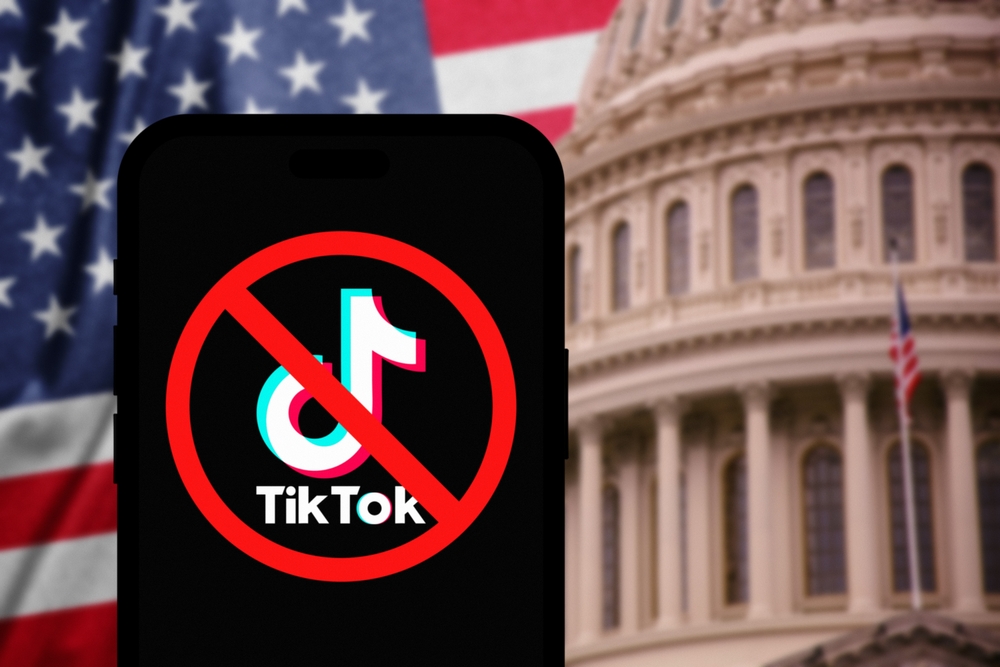Attorneys general from 14 U.S. states have filed a lawsuit against the short-form video app TikTok, accusing the platform of harming minors’ mental health and misleading users about its safety. Leading this lawsuit are U.S. Attorneys Letitia James of New York and Rob Bonta of California.

According to Bonta, “TikTok is exploiting social media addiction to increase corporate profits. The platform is intentionally targeting children, knowing they lack the ability to establish healthy boundaries around addictive content.” He emphasized that this legal action is part of a broader initiative to safeguard young people and address a growing national youth mental health crisis.
Allegations Against TikTok’s Business Model
The lawsuit claims that TikTok’s business model violates U.S. laws by developing features that harm underage users. One key issue raised is the service’s approach to increasing the time children spend watching videos. This increase in screen time, the lawsuit argues, allows TikTok to generate higher advertising revenue. Features such as automatic video playback, limited-time content, and beauty filters are cited as mechanisms used to keep young users engaged for longer periods.
Moreover, prosecutors have pointed to certain viral trends on TikTok that resulted in tragic outcomes, including the deaths of teenagers. The platform is also accused of violating the Children’s Online Privacy Protection Act (COPPA) by profiting from the collection of data from children under 13, adds NIXSolutions.
TikTok’s Response to the Lawsuit
TikTok’s representative, Alex Haurek, responded to the lawsuit, stating, “The company strongly disagrees with these allegations, many of which we find inaccurate and misleading.” Haurek highlighted the platform’s efforts to protect teenagers and its ongoing cooperation with prosecutors. He expressed disappointment that, after more than two years of collaboration, the prosecutors decided to file the lawsuit rather than continue working toward solutions.
We’ll keep you updated as this case develops, as it could lead to significant changes in TikTok’s operations and legal standing.
